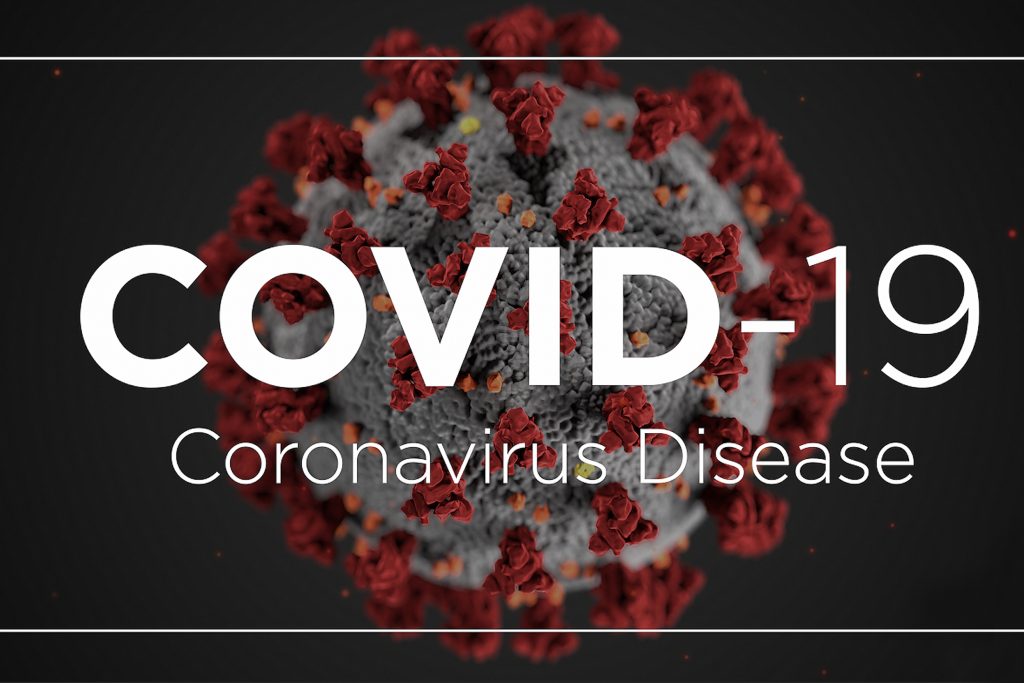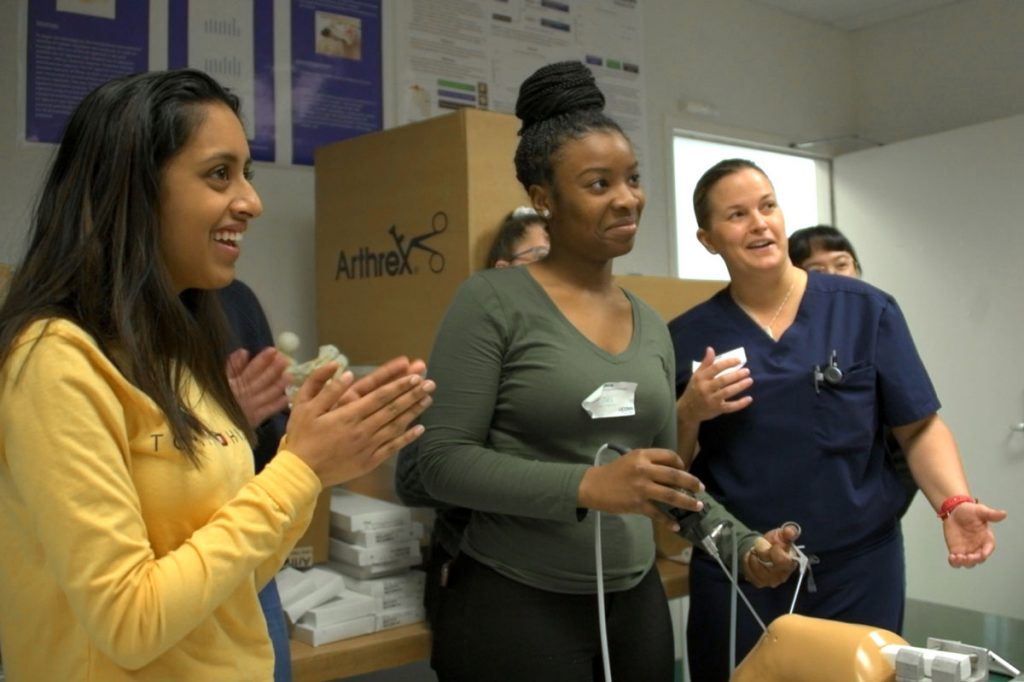Health & Well-Being
Coping With COVID? Mastering Social (But Not Emotional) Distancing
A UConn Health expert provides his analysis of how the coronavirus outbreak has changed our world, and offers recommendations on how to deal with the related stress and anxiety.
March 19, 2020 | Chris DeFrancesco '94 (CLAS)
Collaboration Underway For a COVID-19 Vaccine
A UConn researcher is collaborating with colleagues in an effort to develop a COVID-19 vaccine.
March 16, 2020 | Elaina Hancock
Marketing Makes Dubious Claims About Infant Formula and Toddler Milks
Common marketing claims persuade caregivers that infant formula and toddler milks provide unsupported health benefits for young children, according to UConn's Rudd Center.
March 11, 2020 | Kristin Messina, UConn Rudd Center
Important Lessons from Social, Yet Sick, Bats
The treatment of sick bats by their healthy counterparts may mirror how human beings behave under similar circumstances.
March 10, 2020 | Combined Reports
With the Coronavirus Outbreak, It Matters How You Get Your News
The fragmented media environment of today presents special challenges when communicating about a disease like coronavirus.
March 9, 2020 | Elaina Hancock
Widening Women’s Paths to Orthopedic Surgery
It’s a historically male-dominated medical specialty, but UConn Health orthopedic surgeon Katherine Coyner is working to change the course of that history.
March 5, 2020 | Chris DeFrancesco '94 (CLAS)
Scientific Community Pledges to End Obesity Stigma
A group of leading scientists and organizations, including UConn's Rudd Center, is pledging to end the stigma around the topic of obesity.
March 4, 2020 | Combined Reports
U.S. Surgeon General Visits UConn Health, Urges Physicians to be Communicators
US Surgeon General Jerome Adams talked to UConn Health students about coronavirus, the opioid epidemic, and the duty of health professionals to be communicators.
March 2, 2020 | Jennifer Walker, UConn Health
In the Battle With Obesity, Your Doctor is Your Ally
UConn Health Dr. Varalakshmi Niranjan at UConn Health offers perspective on effective treatment of obesity.
March 2, 2020 | Chris DeFrancesco '94 (CLAS)
Even Damaged Livers Can Handle Life-Saving Medicines
When you ingest a drug—whether over-the-counter Tylenol or medication prescribed by a doctor—your liver is your body’s first responder. And just like other first responders, sometimes the liver gets hurt.
February 28, 2020 | Kim Krieger









